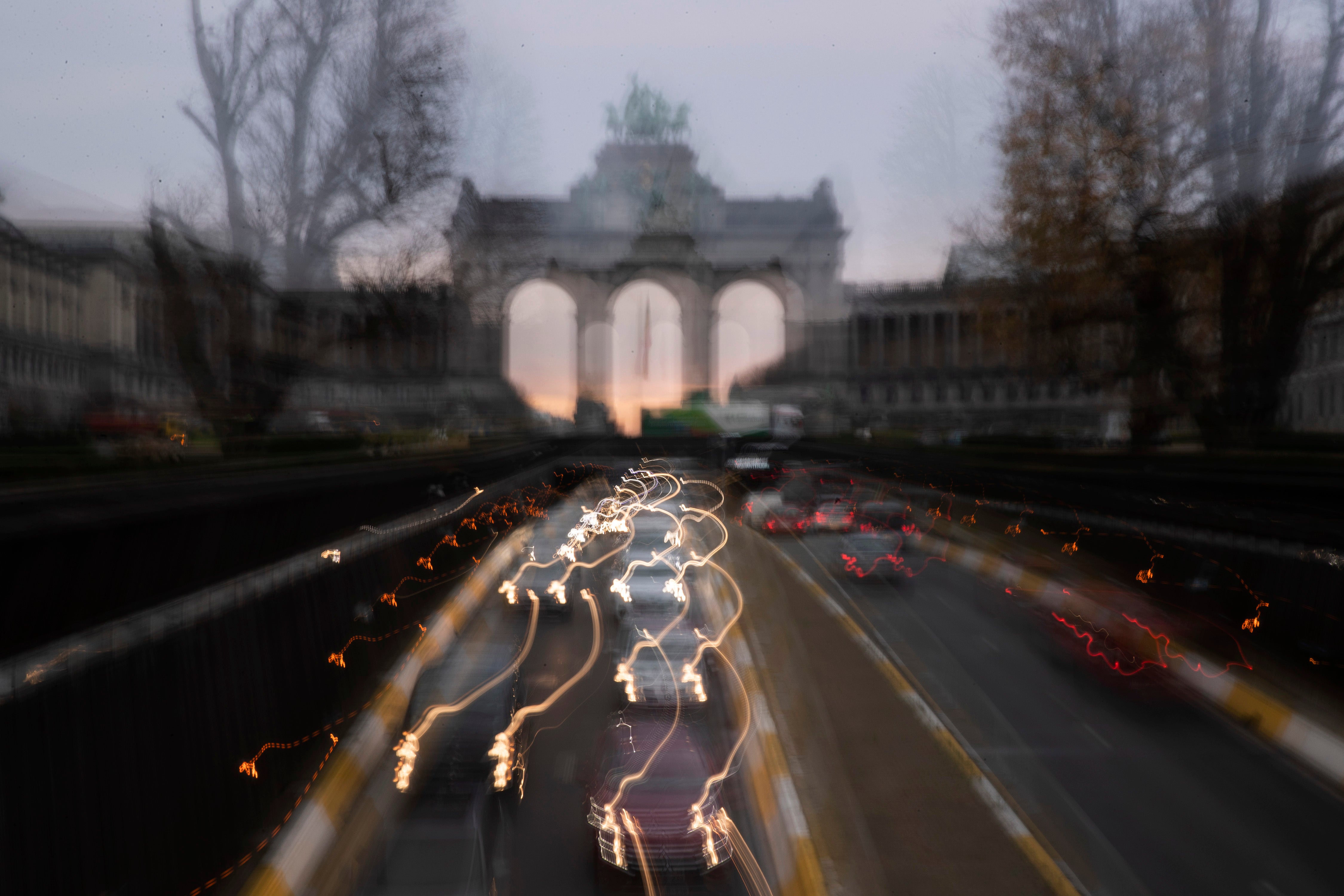EU leaders weigh sanctions over Turkey's Med drilling work
European Union leaders are set to give the green light to the expansion of sanctions against Turkey over its contested exploration of gas reserves in Mediterranean waters claimed by EU members Greece and Cyprus

Your support helps us to tell the story
From reproductive rights to climate change to Big Tech, The Independent is on the ground when the story is developing. Whether it's investigating the financials of Elon Musk's pro-Trump PAC or producing our latest documentary, 'The A Word', which shines a light on the American women fighting for reproductive rights, we know how important it is to parse out the facts from the messaging.
At such a critical moment in US history, we need reporters on the ground. Your donation allows us to keep sending journalists to speak to both sides of the story.
The Independent is trusted by Americans across the entire political spectrum. And unlike many other quality news outlets, we choose not to lock Americans out of our reporting and analysis with paywalls. We believe quality journalism should be available to everyone, paid for by those who can afford it.
Your support makes all the difference.Concerned that their credibility is at stake, European Union leaders are set Thursday to give the green light to the expansion of sanctions against Turkey over its exploration of gas reserves in Mediterranean waters claimed by EU members Greece and Cyprus.
At their last summit in October, the leaders offered “a positive political EU-Turkey agenda” to Ankara, including trade and customs benefits and the prospect of more funds to help Turkey manage Syrian refugees on its territory if it halts its “illegal activities” in the eastern Mediterranean.
But EU foreign ministers agreed this week that Turkey’s behavior has not improved, and Thursday’s summit is shaping up as a “crucial” meeting for EU-Turkey relations.
“All of them considered that we have not seen a fundamental change of direction,” EU foreign policy chief Josep Borrell told reporters after chairing a videoconference between the ministers on Monday. “In several aspects the situation has worsened.”
The 27 EU countries are split over how best to handle Turkey. France and Cyprus have pushed for tougher measures like economic sanctions, but other countries are concerned about further undermining the country’s already ravaged economy and destabilizing the region.
Still, EU diplomats fear the bloc’s “credibility, values and interests” are on the line. “We can’t say there’s a problem in October and do nothing in December when things have got worse,” one said ahead of the summit. He was not permitted to speak on the record as the deliberations were continuing.
On Wednesday, Turkish President Recep Tayyip Erdogan brushed off the threat of sanctions and accused the EU, which Turkey is a candidate to join although its membership talks are blocked, of acting “dishonestly” and failing to keep its promises.
“Any decision to impose sanctions against Turkey won’t be of great concern to Turkey,” Erdogan told reporters.
Just over a year ago, the EU set up a system for imposing travel bans and asset freezes on people, companies or organizations linked to drilling activities “which have not been authorized by the Republic of Cyprus, within its territorial sea or in its exclusive economic zone or on its continental shelf.”
Two officials are currently on the list: the Vice-President of the Turkish Petroleum Corporation and the deputy director of its Exploration Department. The idea would be to add more people or some organizations to the list, the diplomats confirmed.
It’s unclear anyway whether more sanctions would slow Turkey down. Steps were taken in the past — the slashing of funds meant to prepare Turkey for EU membership and the virtual freezing of its accession talks — yet Ankara has only become more vocal.
On top of that, Erdogan has shown his willingness to encourage migrants and refugees from Syria to cross the border into Greece and on into Europe, which remains deeply destabilized by the arrival of well over 1 million people in 2015, to ensure that his demands are well understood.
Turkey also plays a military role in Libya, a main jumping-off point in Africa for migrants hoping to reach Europe.